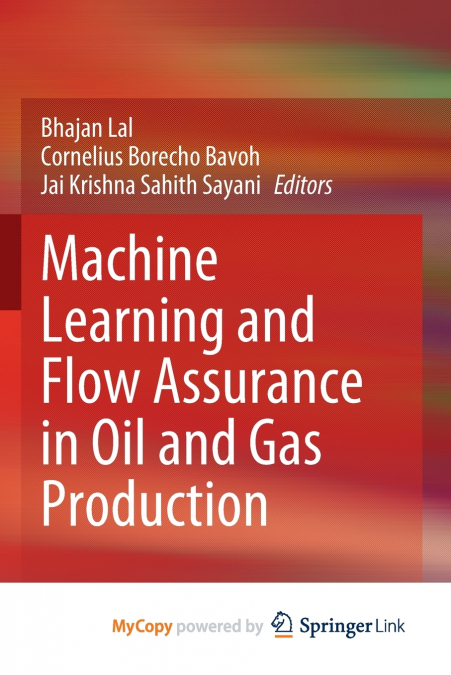
This book is useful to flow assurance engineers, students, and industries who wish to be flow assurance authorities in the twenty-first-century oil and gas industry.The use of digital or artificial intelligence methods in flow assurance has increased recently to achieve fast results without any thorough training effectively. Generally, flow assurance covers all risks associated with maintaining the flow of oil and gas during any stage in the petroleum industry. Flow assurance in the oil and gas industry covers the anticipation, limitation, and/or prevention of hydrates, wax, asphaltenes, scale, and corrosion during operation. Flow assurance challenges mostly lead to stoppage of production or plugs, damage to pipelines or production facilities, economic losses, and in severe cases blowouts and loss of human lives. A combination of several chemical and non-chemical techniques is mostly used to prevent flow assurance issues in the industry. However, the use of models to anticipate, limit, and/or prevent flow assurance problems is recommended as the best and most suitable practice. The existing proposed flow assurance models on hydrates, wax, asphaltenes, scale, and corrosion management are challenged with accuracy and precision. They are not also limited by several parametric assumptions. Recently, machine learning methods have gained much attention as best practices for predicting flow assurance issues. Examples of these machine learning models include conventional approaches such as artificial neural network, support vector machine (SVM), least square support vector machine (LSSVM), random forest (RF), and hybrid models. The use of machine learning in flow assurance is growing, and thus, relevant knowledge and guidelines on their application methods and effectiveness are needed for academic, industrial, and research purposes.In this book, the authors focus on the use and abilities of various machine learning methods in flow assurance. Initially, basic definitions and use of machine learning in flow assurance are discussed in a broader scope within the oil and gas industry. The rest of the chapters discuss the use of machine learning in various flow assurance areas such as hydrates, wax, asphaltenes, scale, and corrosion. Also, the use of machine learning in practical field applications is discussed to understand the practical use of machine learning in flow assurance.